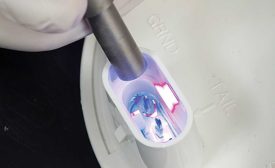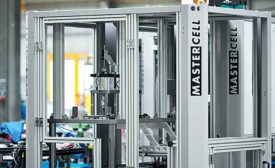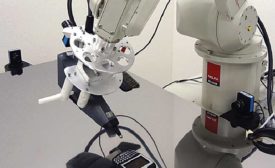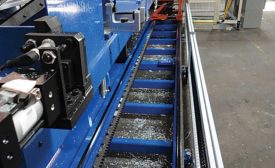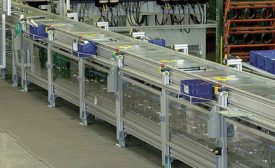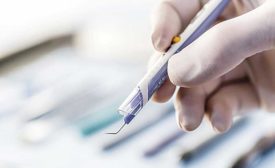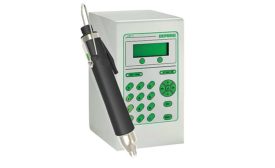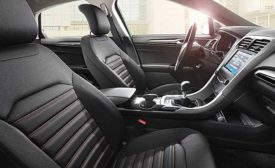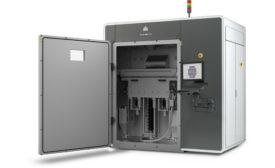Industries
Evolving materials and equipment enable manufacturers to use UV-cure adhesives that are more versatile, cost effective and environmentally friendly than ever.
Read More
Automated Assembly Cells
Standardized, preconfigured automated assembly cells can lower costs and reduce time to market.
March 1, 2017
How to Work With Medical Device Design Firms
Third-parties can help new products get to market faster.
February 2, 2017
Driving Thread-Cutting and Thread-Forming Screws
With the proper torque, these fasteners create mating threads in the base material and generate adequate tightness in the joint.
February 2, 2017
Testing Challenges With Automotive Plastics
As automakers increase their use of plastic in vehicle interiors, scratch and mar testing is becoming more important.
February 2, 2017
Consolidated Part Assemblies
Consolidating complex parts assembled from many components into one 3D-printed design saves time and money.
February 1, 2017
Never miss the latest news and trends driving the manufacturing industry
Stay in the know on the latest assembly trends.
JOIN TODAY!Copyright ©2024. All Rights Reserved BNP Media.
Design, CMS, Hosting & Web Development :: ePublishing
